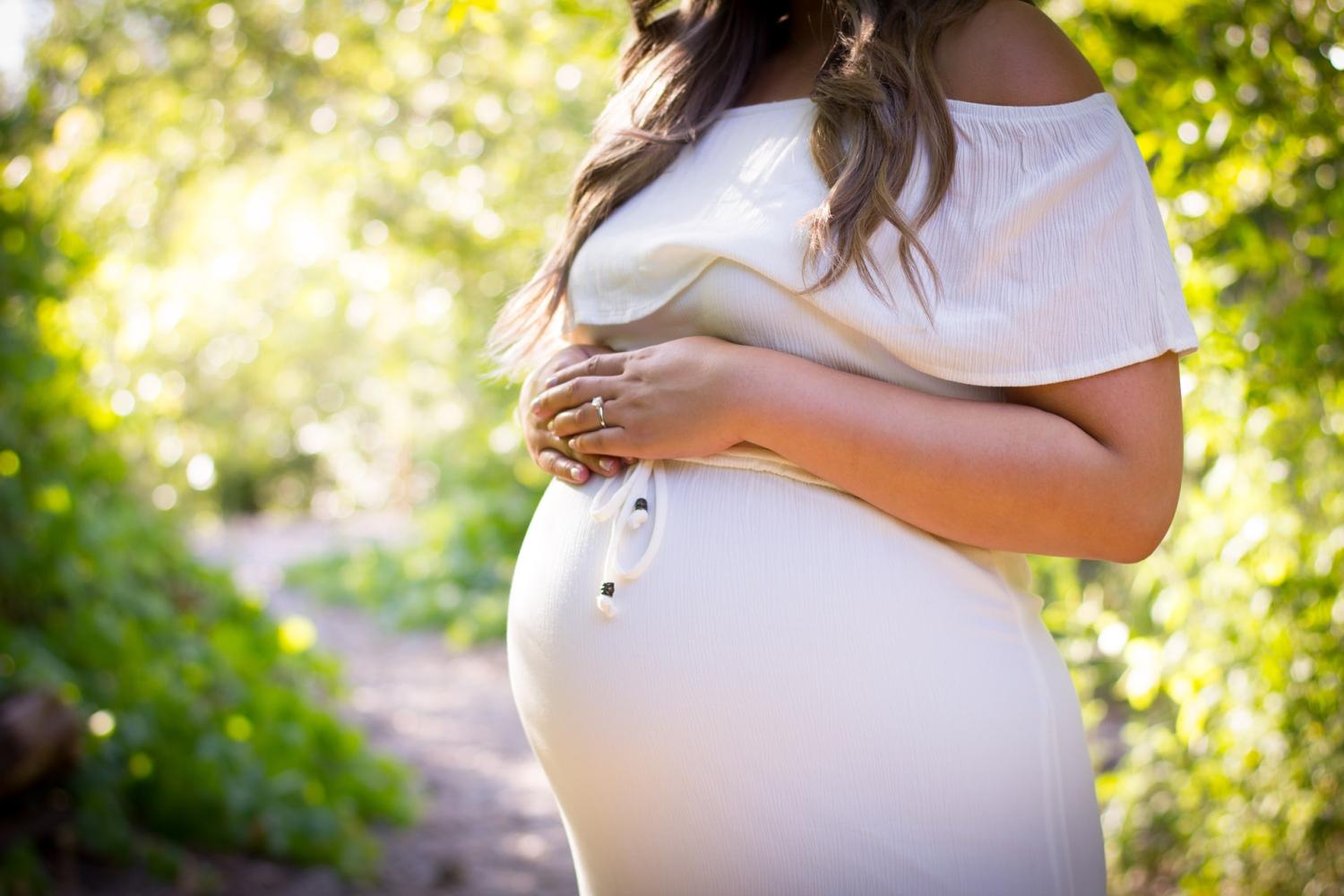In line with previous research, two studies published today in JAMA Network Open suggested that pregnant women infected with COVID-19 are more likely to have negative outcomes including death, and that vaccine-produced SARS-CoV-2 antibodies are present in breastmilk. Both implications help support the US Centers for Disease Control and Prevention's announcement today that all pregnant people, or those thinking of becoming pregnant, should get vaccinated.
"The vaccines are safe and effective, and it has never been more urgent to increase vaccinations as we face the highly transmissible Delta variant [B1617.2] and see severe outcomes from COVID-19 among unvaccinated pregnant people," said CDC Director Rochelle Walensky, MD, MPH, in a CDC press release.
Higher maternal risks for mortality, ventilation
In the childbirth study, the researchers looked at 869,079 adult women who gave birth from Mar 1, 2020, to Feb 28, 2021, across 499 US medical centers. The 2.2% of the cohort who had COVID-19 was more likely to be of non-White descent (43.1% vs 58.7%), but both infected and non-infected women consisted mostly of 18- to 30-year-olds (61.7% of the COVID-19 group and 52.6% of the non–COVID-19 group). The most common comorbidities for the women with COVID-19 were obesity (21.1%), anemia (12.3%), and chronic pulmonary disease (7.7%).
The researchers found that COVID-19 during childbirth was associated with a higher mortality rate (0.1% vs < 0.01%; odds ratio [OR], 15.38), intensive care unit admission (5.2% vs 0.9%; OR, 5.84), respiratory intubation and mechanical ventilation (1.5% vs 0.1%; OR, 14.33), and preterm birth (16.4% vs 11.5%; OR, 9.22 to 22.83). Median hospital stay did not differ (2 days), and COVID-19 did not significantly affect the rate of cesarean deliveries (32.3% vs 32.5%).
"To our knowledge, this cohort study is the largest single-database study of women giving birth with COVID-19, and we found that women with COVID had an overall peripartum death rate of 0.1%," the researchers write. "Future research is needed to further understand the pathophysiology of COVID-19 during pregnancy and to better characterize the long-term sequelae."
Vaccine antibodies in breastmilk
A different team of researchers publishing in JAMA Network Open found increasing levels of SARS-CoV-2 antibodies in women's breastmilk post-vaccination with the Pfizer/BioNTech vaccine. From February to March, 33 lactating women were vaccinated at an urban hospital in Spain and gave breastmilk and serum samples at 2 weeks after the first dose, 2 weeks after the second dose, and finally 4 weeks after the second dose.
The women were all 18 years or older, with an average age of 37.4 years. Average postpartum time was 17.5 months.
Analysis showed that the median immunoglobulin G (IgG) levels against the virus' spike protein (S1) for serum-milk pairs for each time point were 519 to 1 arbitrary units per milliliters (AU/mL), then 18,644 to 78 AU/mL, and then 12,478 to 50.4 AU/mL.
"Our results suggest that breast milk from women vaccinated with the novel mRNA-based PfizerBioNTech vaccine contains specific anti–SARS-CoV-2 IgG(S1) antibodies. Furthermore, we found that after the second dose, breast milk IgG(S1) levels increased and were positively associated with corresponding serum levels," the researchers write.
The authors said they believe more research is needed to see if and when these antibodies plateau or wane, how these antibodies actually affect infant health, and if other COVID-19 vaccines produce different results.





















